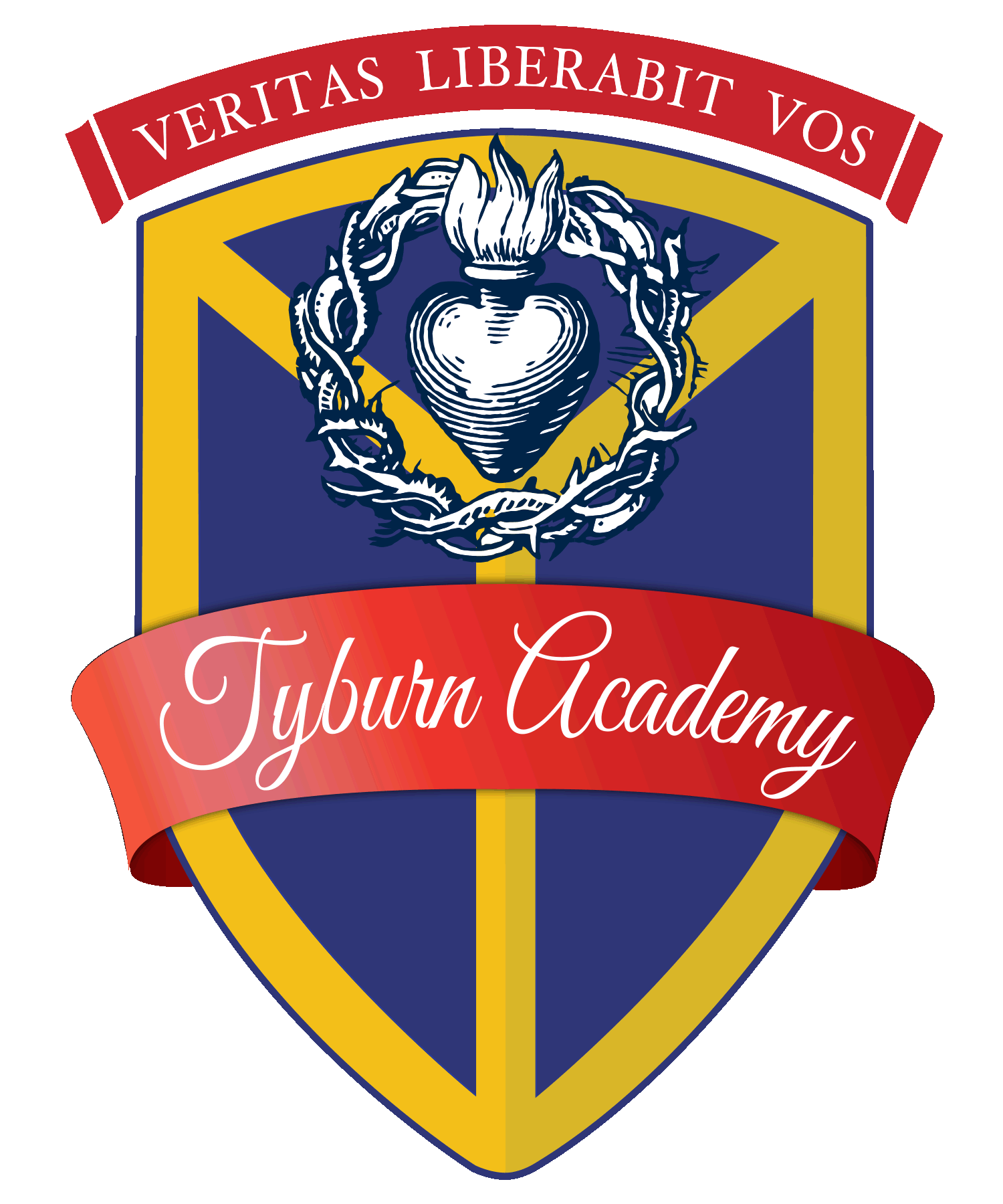What Does Christianity have to do with Science?
It is common for people to think that they must believe in Christianity or believe in science. Some claim that we no longer need religion because now we have science to explain the physical world. Few still hold to the idea that Christianity and science are paths to truth but experience a feeling of cognitive dissonance when discussing topics like the Big Bang, Evolution, or Galileo. This uneasiness is most recently due to the New Atheist movement which developed after 9/11 and convinced the masses that religions are merely sets of unscientific myths that people use to rationalize war. However, as the New Atheist movement declines, and the scales fall from our eyes, we are left wondering how these scientific theories fit into salvation history.
The Big Bang Theory was formulated by Catholic Priest Fr. George Lemaitre
The Catechism of the Catholic Church tells us that there are five things we must believe about the mystery of creation, three of which are particularly important to this conversation of faith and science. The first is that God creates freely, ex nihilo, out of nothing (CCC, 296). He is the ultimate source of all being and He Himself is uncreated. In the words of Aristotle, He is the “unmoved mover”. In the words of Saint John’s Gospel “all things came to be through Him, and without him nothing came to be” (Jn 1:3). This means that there is no physical, material, or spiritual existence that is beyond God. If something exists, then it has been and is being loved into existence by Him.
Creation out of nothing is different from when natural processes unfold or humans invent a new technology. The law of conservation of mass, energy, and charge do not apply to God. In the sun, mass is converted to energy through nuclear fusion; in a lab, old molecules are synthesized into new ones; as evolution unfolds, genes are mutated by deleting, inserting, or swapping nucleotides that already exist or can be formed from preexisting material. These processes which we study in science are referred to as secondary causes. They do not disprove God’s existence because God is the reason that the mass and energy exist at all. God is what we call the primary cause of all things. Physicist Stephen Barr explains this distinction by asking whether Hamlet died because he was stabbed with a poisoned sword or because that’s how Shakespeare wrote the play. This imperfect analogy allows us to see how God, like Shakespeare, can cause something to happen while still allowing natural processes, likened to Hamlet’s use of a poisoned sword, to be the means by which the phenomenon occurs.
Secondly, the Catechism claims that “He [God] not only gives them [his creatures] being and existence, but also, and at every moment, upholds and sustains them in being” (CCC, 301). Creation is not a single event in history, God is continually creating. The Theologian Thomas Merton claims that contemplative prayer is “to find the place in you where you are here and now being created by God”. Therefore, the more we grow in our prayer life, the more we may come to understand the truth of creation. The more confidently we can discover the material world out of a reciprocal love for He who is and has been creating.
These parameters of who God is and what the Church teaches that she means by creation can give us the freedom to explore the natural world. Creation is not 7 days or 14 billion years, creation is happening now. God is outside of time. There is not anything we can discover that can disprove God’s existence because definitionally, if it can be discovered, God is holding it in existence. Catholic priest and physicist, Father Georges Lemaitre knew this when he formulated the Big Bang Theory.
Since God has created all things, the discipline of coming to understand God’s creation, which we now call science, is actually a way of coming to know God Himself. The complexity and vastness of the universe does not undermine our Lord but rather glorifies him. To bring in a third point from the Catechism, God both transcends and is present to his creation (CCC, 300). In studying the universe and the Earth, those things beyond us, we can have a more true understanding of God’s transcendence. In studying cells, molecules, atoms, subatomic particles, and energy, we can contemplate the depth with which he sees and knows us. Holy scripture tells us that “Even all the hairs of your head are counted” (Matt. 10:30). Can we not also infer that each cell in our body is counted, as well as the atoms that make up those cells?
The Catholic Church’s teachings on creation do not inhibit or limit our ability to discover the world around us and to use this knowledge for the good. Instead, the Church invites us to a deeper understanding of truth through scientific investigation.


